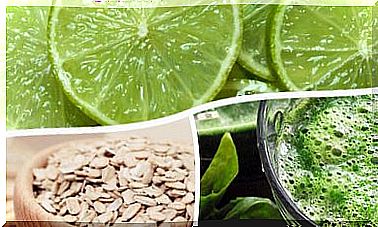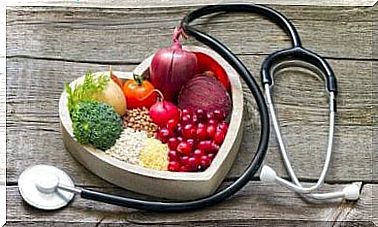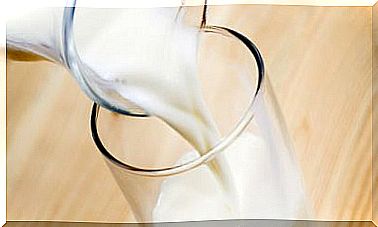The Risks Of Adopting A High-protein Diet
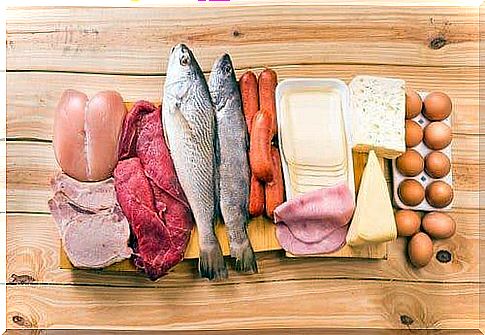
There are currently many trends when it comes to diet. However, not all are good for your health. Many can be harmful. Before adopting them, know the risks of the protein diet, a model based mainly on the consumption of foods such as meat and dairy products.
Just as there are those who defend the consumption of vegetables, fruits, whole grains, etc., there are those who prefer to bet on the consumption of foods rich in protein. The problem is that this can impede a balanced diet, making it difficult to get all the nutrients the body needs to perform its functions correctly and, of course, be healthy.
Let’s see more about this topic that is so common nowadays.
The high protein diet: more risks than benefits
We tend to think that a protein-rich diet is healthy and beneficial to our health. However, the reality is different. High consumption of protein-rich foods can affect us in several ways.
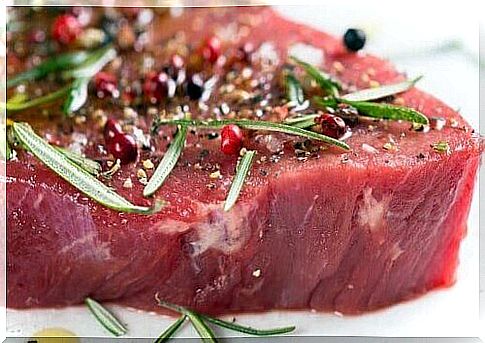
Currently, there is controversy about the increase in the consumption of proteins in the daily diet and, even more, if this increase is closely related to the decrease in other essential nutrients for the functioning of our body, such as carbohydrates and dietary fiber.
To have a high-protein or high-protein diet, it is necessary to take into account some basic aspects:
- Know the foods that provide protein : first they are foods of animal origin (such as meat, fish, chicken, cheese and dairy products), then vegetables and nuts. On the other hand, it is important to know that there are some vegetables that also have a protein content.
- Determine your need: A high-protein diet is one in which the established recommendations for daily protein requirements are exceeded. Currently, the consumption of 0.8 g/kg/day of protein is considered sufficient to meet the nutritional needs of the normal adult.
- The secret is in balance : don’t limit your proteins only to those of animal origin. Eat foods with plant proteins and combine them with carbohydrates for good protein as well as fiber.
Negative Effects and Risks of Protein Diet
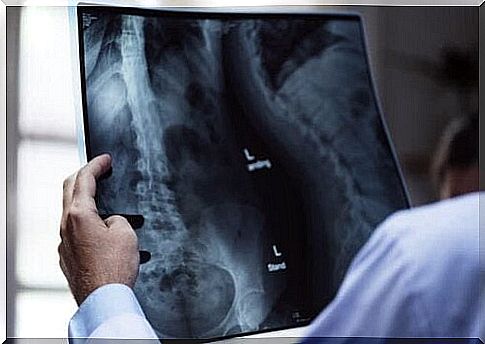
A high intake of protein can lead to a number of negative health effects (which we’ll look at next). Therefore, it is important to consider what the risks of opting for a high-protein diet are before adopting it.
On the other hand, it is always advisable to consult this with the doctor and resolve with the professional any concerns that may arise.
More work for the kidneys
One of the risks of the protein diet is that the health of the kidneys will be impaired. Specifically, consuming this type of food makes the kidneys work twice as hard to fulfill their functions.
In other words, when we consume an excessive amount of protein, we are giving more work to our kidneys (responsible for eliminating waste from protein consumption) and, if this is maintained over the long term, it can be a risk factor for people prone to suffering from kidney disease.
Increased risk of osteopenia
A high-protein diet can affect your metabolism and bone mineral density. Ingestion of large amounts of animal protein causes an acidogenic effect, which promotes bone resorption and calcium loss.
Increased risk of nutritional imbalance
If you decide to opt for this type of diet, you should be aware that the nutritional balance of your diet is essential. If you consume only animal protein without including fiber-rich foods and considerably reduce the carbohydrate contribution, you will put your health at risk.
Know the risks of a protein diet before adopting it
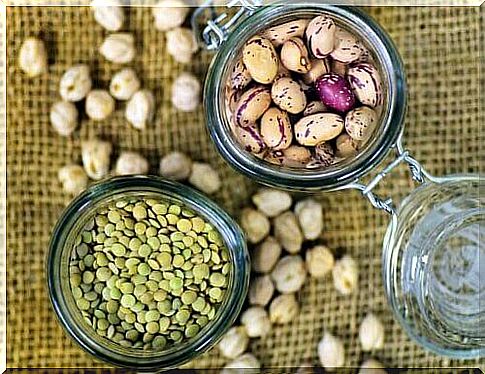
- Make sure your general health is good.
- Choose semi-skimmed or low-fat cheeses and dairy products, preferably.
- Avoid the consumption of processed proteins (sealed, canned, among others).
- Maintain good hydration (make sure you consume enough water throughout the day).
- Consume animal and vegetable proteins (vegetables, vegetables and nuts).
In summary, before starting a high-protein diet, consult your doctor and follow the professional’s guidelines. On the other hand, don’t ignore the data mentioned above so as not to put your health at risk. Keep in mind that as attractive as these diets may seem from an advertising standpoint, they don’t actually have as many benefits as they pretend you’d believe.



